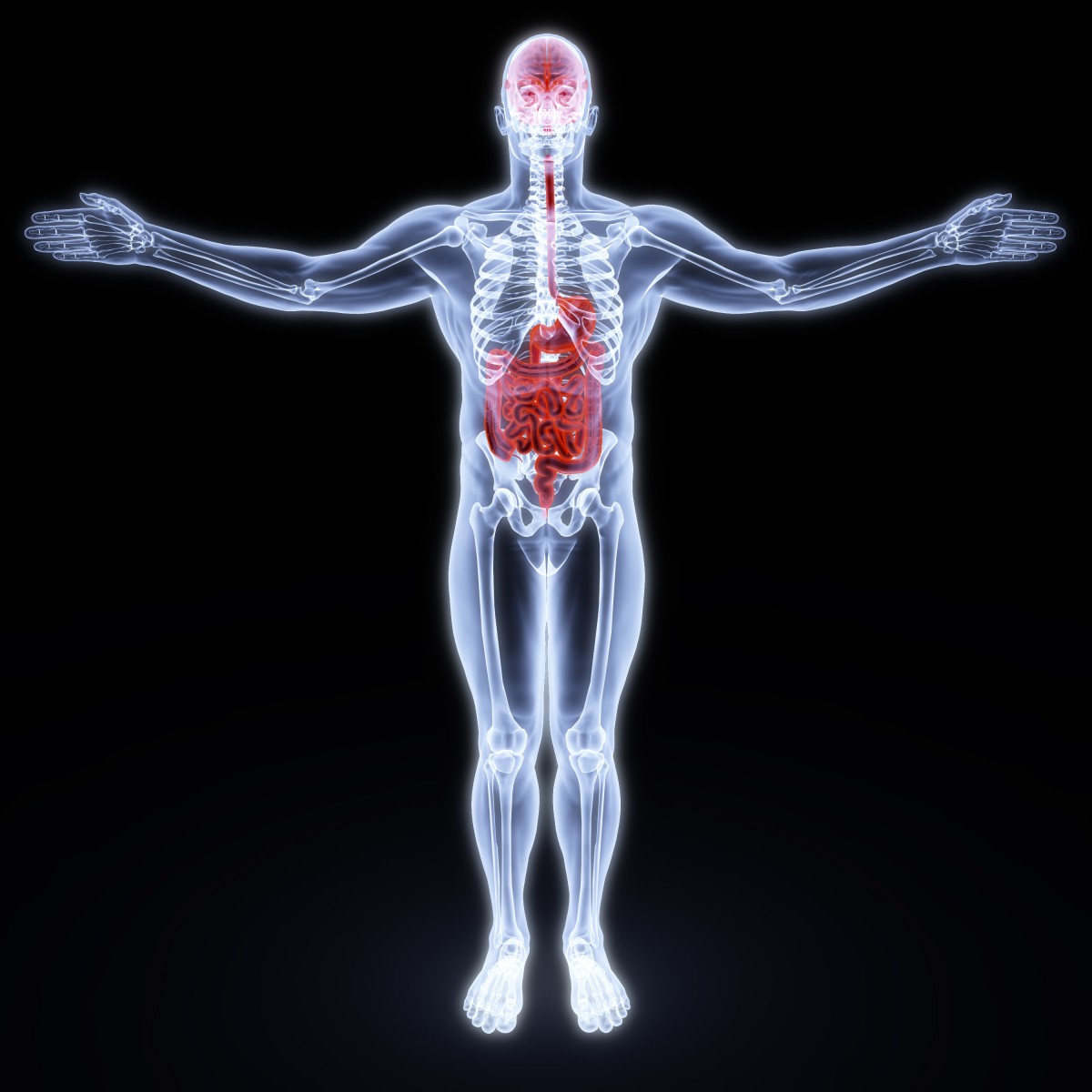Bacterial Product, Butyrate, Seen to Delay ALS Symptoms, Increase Life Span of Mouse Models

Feeding mouse models of amyotrophic lateral sclerosis (ALS) the bacterial product butyrate improved their gut health, delayed the onset of movement symptoms, and increased the animals’ life span, according to a study.
The study reporting the findings, “Target Intestinal Microbiota to Alleviate Disease Progression in Amyotrophic Lateral Sclerosis,” supports previous research on how important gut health is for the brain, and it suggests that treatments to improve gut processes could be beneficial for ALS patients.
The study was published in the journal Clinical Therapeutics.
Butyrate is a naturally occurring substance produced by colon bacteria. It is available over the counter as a supplement. Studies have shown that it benefits gut health in numerous ways.
“The brain and the gut are linked, so it’s not too surprising that the health of the gut can impact the functioning of neurons,” Jun Sun, PhD, associate professor of gastroenterology and hepatology at the University of Illinois at Chicago College of Medicine and the study’s senior investigator, said in a press release.
Sun’s team had been studying mouse models of a type of inherited ALS caused by mutations in the SOD1 gene. During previous research, they discovered that the mice had an abnormal composition of intestinal bacteria, and they lacked cell components to stop the gut’s contents from leaking into neighboring tissue.
In an attempt to restore the animals’ intestinal health, researchers fed them butyrate from 35 days old to 42 days old.
The treatment improved the animals’ gut health, changed its bacterial composition, and reduced intestinal leakage.
Control mice became ill when they were about 110 days old, but butyrate-treated mice did not start showing symptoms until they were 150 days old. They also lived an average of 38 days longer than control mice.
There are few studies of ALS-linked changes to intestinal health, the team said, but such research could lead to new treatments.
“There is only one approved drug to treat ALS, so we need additional treatments,” Sun said. “Butyrate is a bacterial by-product, and already available over the counter as a supplement. Studies are needed to see its effects on ALS in humans, but our preliminary results in mice are very promising.”






